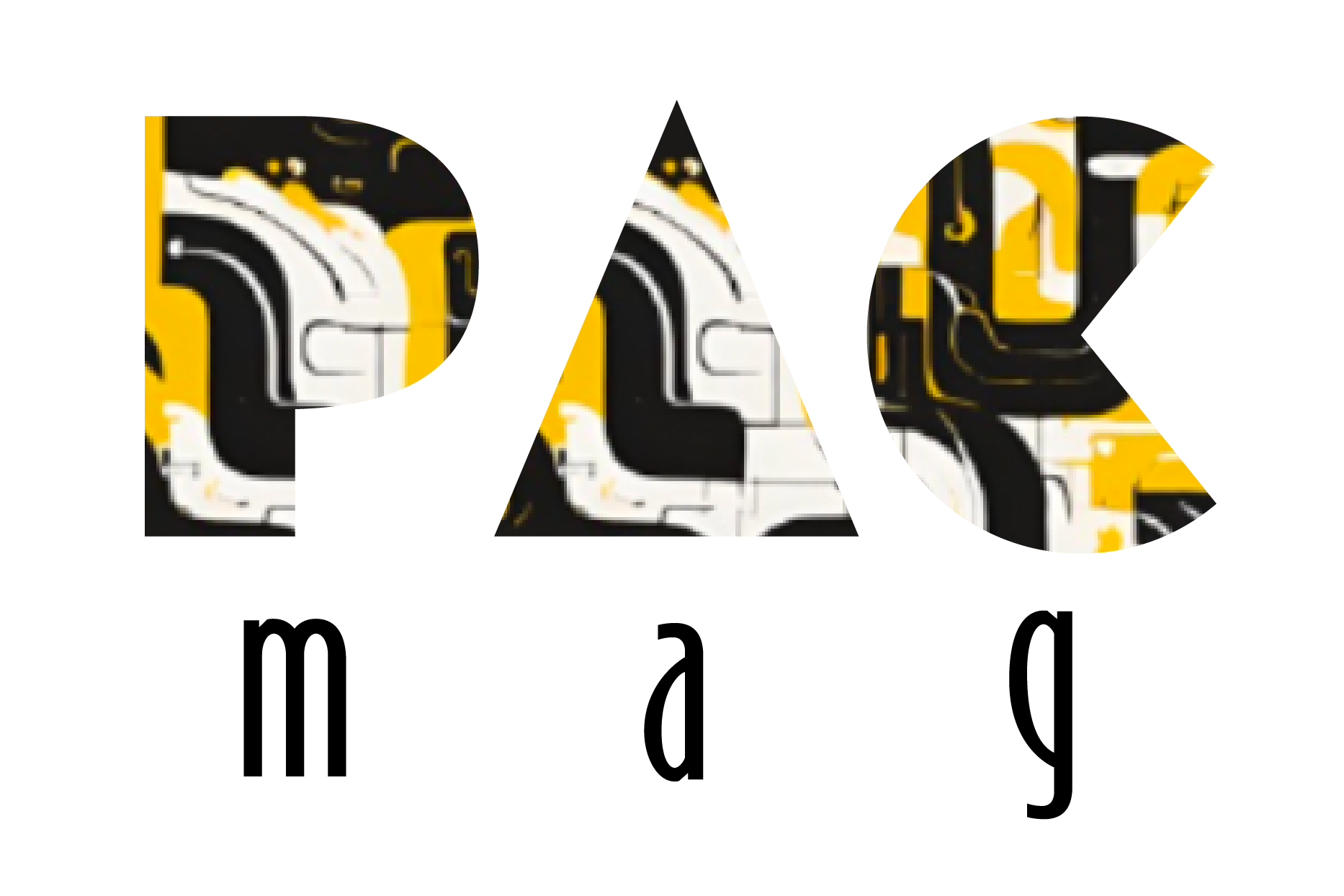
Image/ Unspash Credit
For years, hustle culture has dominated digital spaces, promoting the idea that success is achieved through relentless hard work, multiple income streams, and an unwavering commitment to productivity. This mindset glorifies long hours, side businesses, and constant self-improvement, often portraying rest as a luxury rather than a necessity. At the same time, the always-on mindset has become the norm, with digital connectivity blurring the lines between work and personal life. There is now an expectation to always be available, responsive, and engaged, making it increasingly difficult to switch off. Entrepreneurs such as Elon Musk and Gary Vaynerchuk champion this approach, while social media is filled with influencers advocating for highly structured morning routines and peak productivity.
The productivity paradox, work hard or opt-out?
However, a countermovement is emerging, soft living, a term Gen Z is embracing to reject the pressures of overwork. Instead of grind culture, soft living prioritizes rest, autonomy, and reclaiming time from capitalist expectations. While motivational speakers argue that success requires sacrifice and consistency, a growing number of influencers advocate for quitting high-stress jobs, rejecting hustle culture, and embracing a slower approach to life.
Hustle culture: a digital age obsession
Hustle culture has existed for decades, but social media has intensified its influence. Platforms such as LinkedIn, Twitter, and Instagram reward self-promotion, content focused on relentless work ethic, and the idea that if you’re not working, you’re falling behind. The expectation is clear: productivity equals self-worth.
Figures like Gary Vaynerchuk, a serial entrepreneur and motivational speaker, have built their careers on high-performance ideologies, promoting financial independence through extreme discipline, self-sacrifice, and constant work. His content encourages people to build personal brands, start side hustles, and work long hours to achieve financial freedom. His audience largely consists of young professionals and aspiring entrepreneurs looking to maximize their earning potential.
Elon Musk, CEO of Tesla and SpaceX, famously stated that “nobody ever changed the world on forty hours a week,” reinforcing the notion that success demands extreme dedication. His advocacy for long workweeks, sometimes reaching eighty to one hundred hours, has set a high standard for ambition-driven individuals, especially in the tech and startup sectors.
Yet, psychologists warn that hustle culture can lead to burnout and a sense of identity tied exclusively to productivity. Studies show that prolonged overwork contributes to anxiety, depression, and exhaustion, creating a cycle where individuals push themselves harder, only to experience diminishing returns.

Image/ Unspash Credit
The soft living movement: rebellion or self-preservation?
Soft living promotes a lifestyle that steps away from toxic productivity and embraces a more sustainable work-life balance. The movement is not about rejecting ambition but rather redefining success beyond long work hours and financial metrics. It has given rise to various trends reshaping the way people think about work, wealth, and well-being.
The “Lazy Girl Jobs” trend, popularized by TikTok creator Gabrielle Judge, emphasizes high-paying, low-stress remote work that prioritizes flexibility and mental well-being over corporate ambition. Many young professionals, especially women, have embraced this concept to escape toxic workplaces and prioritize self-care.
The digital nomad lifestyle has gained traction, enabling individuals to work remotely while traveling, pursuing freelancing opportunities, and generating passive income rather than being tied to a traditional office structure. Advocates of this lifestyle argue that job satisfaction and personal fulfilment matter more than corporate loyalty.
Meanwhile, financial minimalism, a philosophy championed by authors such as Tara Schuster and Jenny Odell, challenges the idea that career success must be tied to endless economic accumulation. This mindset encourages people to prioritize time over wealth, avoid excessive consumerism, and move away from the pressure to climb the career ladder at all costs.
Schuster, known for her book Buy Yourself the Fcking Lilies, discusses how toxic work environments led her to reevaluate the definition of success. Odell’s How to Do Nothing similarly argues that constantly chasing productivity leaves little room for meaningful, creative engagement with life.
(Slow life TikTok video example)
Who’s right? the science behind work, happiness, and burnout
Hustle culture promotes the belief that hard work leads to success, while soft living suggests that overwork leads to burnout. But what does research say?
Studies on productivity indicate that working beyond a certain threshold leads to diminishing returns, with efficiency declining significantly. Experiments with shorter workweeks have demonstrated that employees can maintain or even increase productivity while reducing their working hours. Despite this, burnout rates continue to rise, with reports showing an increase in work-related anxiety and exhaustion.
Countries such as Sweden and Denmark have adopted shorter workweeks without damaging economic productivity, showing that reduced work hours can still yield high performance. As more data emerges, the conversation about work-life balance is shifting, challenging the notion that success must come at the expense of personal well-being.
Real people in the conversation: the voices of Gen Z
This debate isn’t just theoretical, it’s playing out in workplaces, online discussions, and everyday conversations.
Tori Dunlap,a personal finance educator and founder of Her First $100K, encourages people to quit jobs that do not align with their happiness, advocating for financial freedom over corporate loyalty. Her content provides financial literacy resources to help people, particularly women, break free from the cycle of overwork.
Iman Gadzhi a young entrepreneur and founder of Gents Croquet Club, takes an opposing stance, arguing that hustle culture is necessary for financial success and that comfort often leads to stagnation. He believes that financial freedom can only be achieved through extreme dedication, self-education, and hard work, which aligns with the traditional hustle culture ideology.
On TikTok, a viral trend where users film themselves romanticizing small moments of rest—such as enjoying a morning coffee or taking a walk—directly challenges the notion that productivity should define self-worth. These videos serve as a powerful reminder that success is subjective, and that fulfilment doesn’t have to come from burnout.
(Embracing slow life TikTok)
The future of work: balance or burnout?
As workplaces evolve, so does the debate about hustle culture versus soft living. The future of work-life balance will be influenced by several key factors.
The rise of AI and automation raises questions about whether technology will reduce workload pressures or create new expectations for constant availability. Meanwhile, corporate mental health policies are coming under scrutiny, will companies begin embracing shorter workweeks and burnout prevention initiatives, or will they continue to prioritize productivity at all costs?
Economic downturns and financial instability may test the rejection of hustle culture, will financial security concerns push people back into overwork?
Ultimately, the challenge lies in finding a balance between ambition and well-being, where professional success does not come at the expense of personal happiness.

Image/ Unspash Credit
Final thought: the myth of “boing it all”
Hustle culture and soft living both offer compelling arguments, yet neither provides a perfect solution. The issue isn’t about ambition versus laziness, it’s about rejecting the false belief that we must always be optimizing our lives.
In a world where there is constant pressure to achieve, self-improve, and hustle, perhaps the real act of rebellion is learning to exist without always striving for more.
